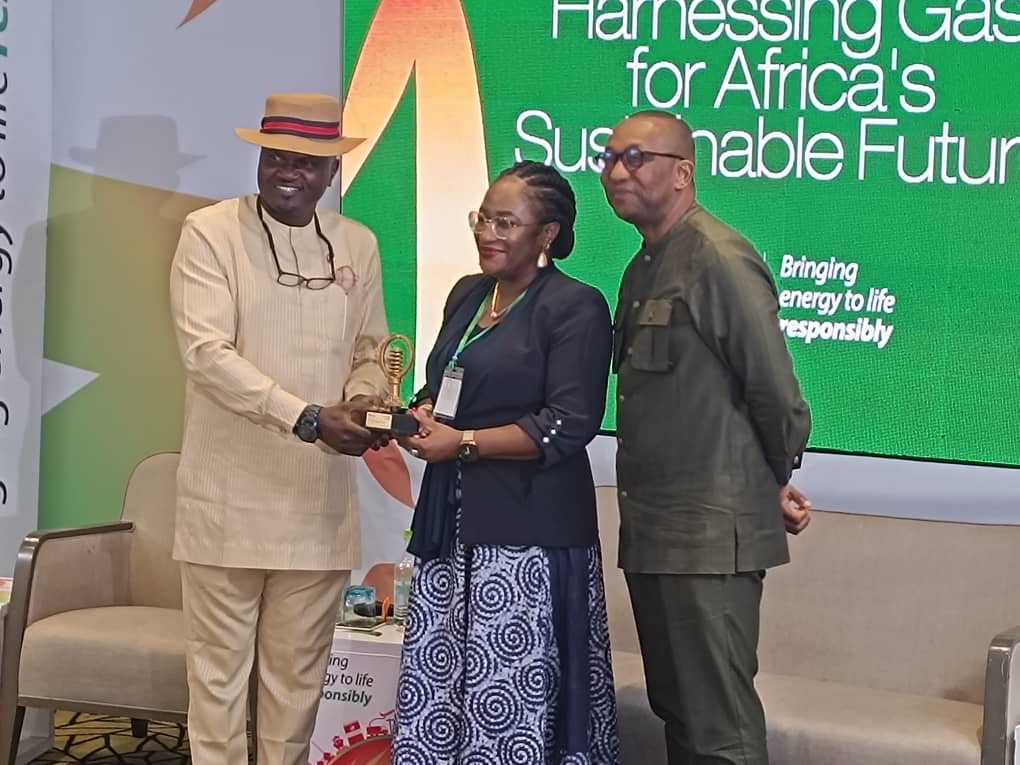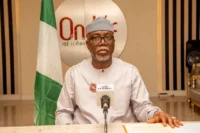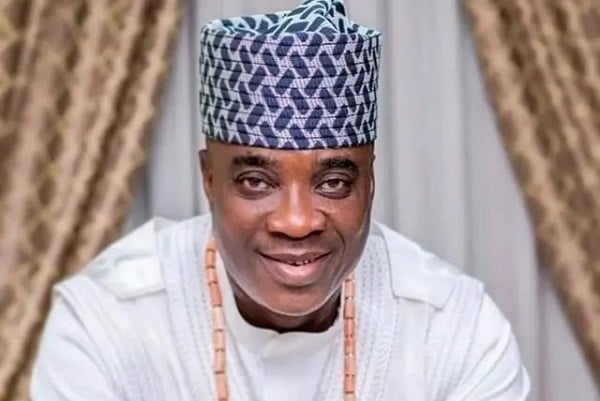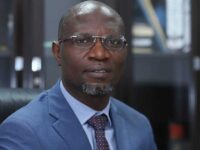By Adewale Sanyaolu
Experts in the gas value chain have reaffirmed the critical role of natural gas as a transitional fuel bridging energy access and the shift to renewables.
Speaking over the weekend, they emphasised that Nigeria and other African nations will require annual investments of at least $100 billion to build and modernise their energy infrastructure.
The experts who spoke at the second edition of Sahara Group’s thought leadership forum in Lagos, Asharami Square, unanimously affirmed natural gas as Africa’s transformational fuel for bridging energy and powering industrialisation.
Minister of State for Petroleum Resources (Gas), Mr. Ekperikpe Ekpo, speaking through his Senior Technical Adviser, Mr. Abel Nsa, at the event, said Africa needs to urgently address the narrative of “Africa’s energy paradox.”
He said: “According to the International Energy Agency (IEA), Africa accounts for over 7 per cent of global natural gas reserves, with Nigeria, Algeria, Egypt, and Mozambique holding the majority of these volumes. And yet, the continent consumes less than 5 per cent of global gas output. This mismatch between potential and utilisation must be addressed with urgency and purpose.”
Applauding Sahara Group for shaping public discourse through Asharami Square, Ekpo said the platform can help bridge the gap between intention and action, and between information and transformation.
Ekpo, who was represented by his Senior Technical Adviser, Mr. Abel Nsa, said harnessing the power of gas demands bold investments in infrastructure—pipelines that connect supply to demand, virtual pipelines that reach the underserved, and financing frameworks that de-risk investments and incentivise private-sector participation.
“Natural gas is not merely a transitional fuel. It is a transformational fuel. It can power our industries, energize our homes, reduce dependence on more polluting fuels, and drive the engine of inclusive economic growth,” he added.
In his contribution, the keynote speaker and Group Asset Manager, PSC Asset Group B at NNPC Upstream Investment Management Services (NUIMS), Dr. Justice Derefaka, further reiterated the socio-economic value of gas in Africa.
Derefaka, who was represented by the Asset Manager, PSC, NUIMS, Mr. Frank Mmamelu, stated that gas has the potential to lift millions out of poverty by supporting agriculture, improving access to clean domestic energy, reducing deaths caused by pollution, and addressing gender inequality.
He stressed the need for local capacity building across the gas value chain, noting that reducing the export of unrefined resources should be a top priority.
Director of Governance and Sustainability at Sahara Group, Ejiro Gray, highlighted the importance of contextualising sustainability within Africa’s unique developmental realities.
Gray explained that while global attention often centres on carbon emissions and net-zero targets, African nations face distinct challenges around access, equity, and economic inclusion.
According to her, gas offers a critical opportunity to bridge these gaps. She also cited Sahara Group’s ongoing investments in gas infrastructure across Nigeria, Côte d’Ivoire, Kenya, Ghana, Senegal, and Tanzania—all designed to improve regional trade and energy access across the continent.
Energy Communications Expert and Team Lead, Platforms Africa, Dr. Adeola Yusuf, said the media needs to have a “seat at the table” as partners in conversations relating to sustainability, to drive accurate reporting and support from all stakeholders.
He urged government and private institutions to facilitate seamless access to data and critical information that will support “holistic understanding and fact-based reporting of the issues to promote accountability, transparency, and stamp out greenwashing.”
Presenting the Asharami Awards for Outstanding Sustainability Reporting to Vanguard Online, Punch, Nigeria Info 99.3FM, and Arise News, Bethel Obioma, Head, Corporate Communications, Sahara Group, said the energy conglomerate was confident that such recognition will inspire more accurate and insightful reporting on Africa’s sustainability journey.
He noted that Asharami Square is Sahara’s contribution to improving the understanding of sustainability and ensuring that the African narrative is not left behind. “We believe this will help reduce misrepresentation and enable the media to play a dominant and inspiring role in galvanising action and influencing the direction of public policy.”
Other speakers at the event included Ijeoma Isichei, Head of Business Development (Gas) at Sahara Group; Mariah Lucciano-Gabriel, Head of Integrated Gas Ventures at Asharami Energy; Olurotimi Famoroti, CEO, First Independent Power Limited (FIPL); and Mobolaji Sunmoni, Senior Infrastructure Finance Professional. Together, they offered cross-sector perspectives on unlocking gas potential, aligning policy with private investment, and the role of inclusive narratives in enabling progress.
Asharami Square 3.0 will hold next year as Sahara Group inches closer to 30 years of bringing energy to life responsibly across Africa, Asia, Europe, and the Middle East.


















Leave a comment